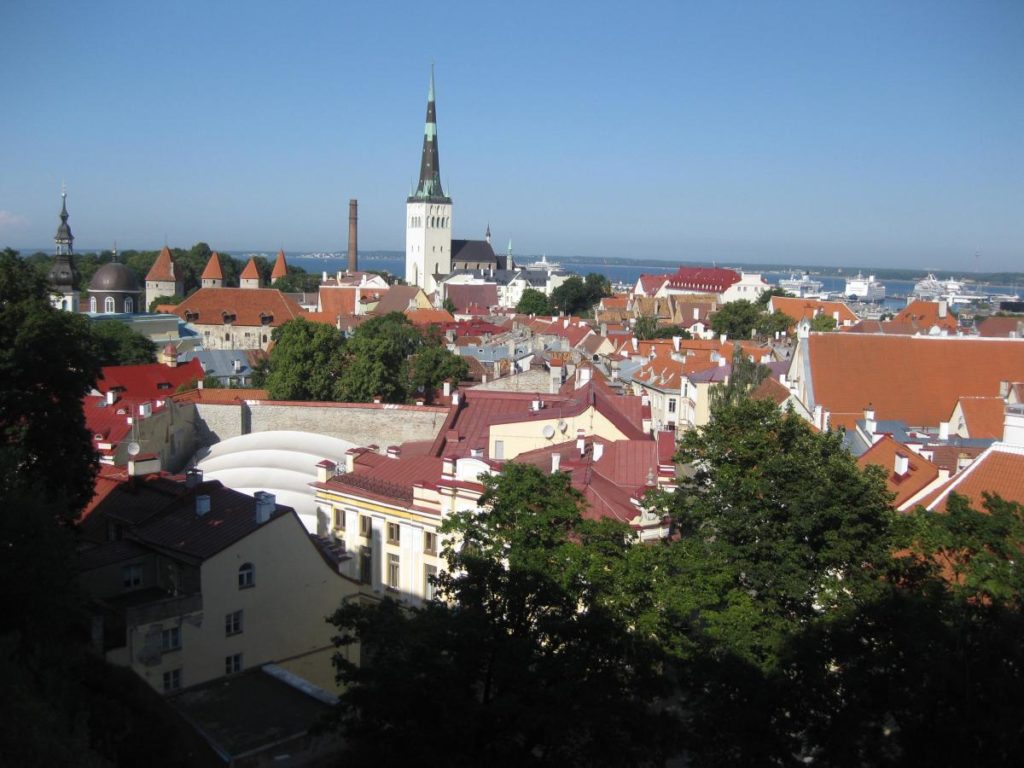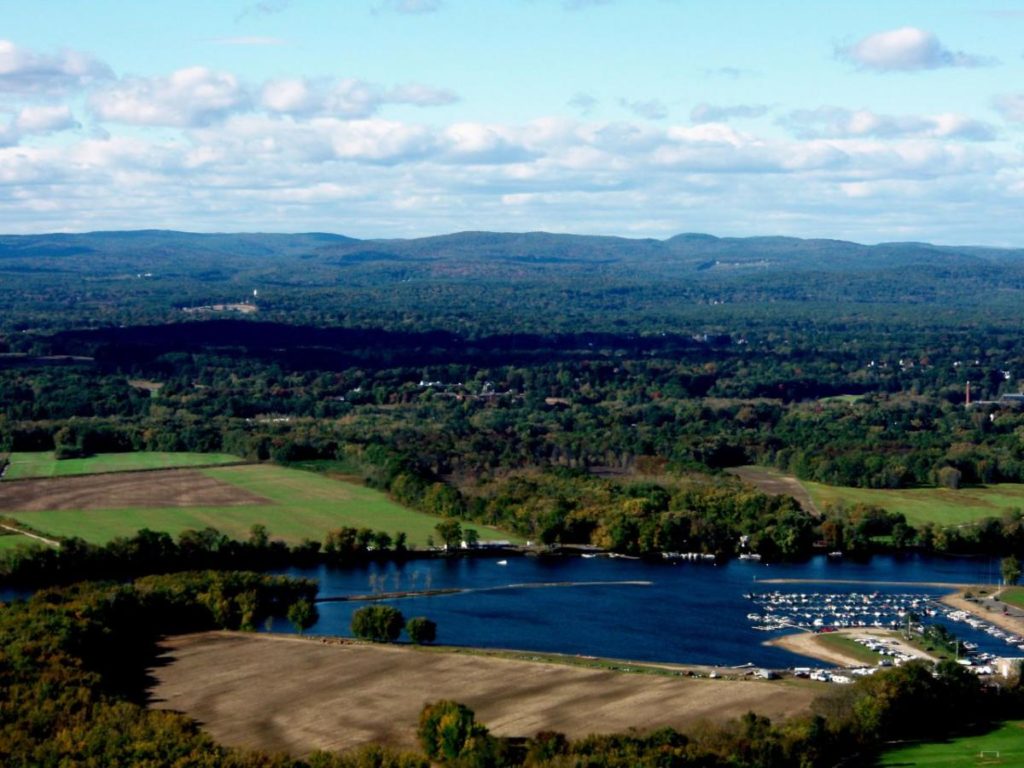TOM FELS interviews ARCHIBALD MACLEISH

In May 1965, Amherst College student Tom Fels ’67 interviewed three-time Pulitzer Prize-winning poet Archibald MacLeish. The below interview, conducted at MacLeish’s home in Conway, Mass., is adapted from their conversation, a portion of which originally appeared in the town newspaper the Amherst Record.
Archibald MacLeish, one of the best-known American poets, playwrights, and public intellectuals, was born in Illinois, and educated at Hotchkiss and Yale, later taking a law degree at Harvard. After participating in World War I, he forsook the life of an attorney to focus on poetry, making his living for several years as an editor of Fortune magazine. Under President Franklin Roosevelt, he was for five years the Librarian of Congress, and later, during World War II, an assistant Secretary of State. After the war he taught at Harvard for thirteen years before taking the position of Simpson Lecturer at Amherst College (1963-67). MacLeish was the author more than fifty works of poetry, nonfiction, and drama.
Tom Fels is a curator and writer based in southern Vermont. His work in the arts includes exhibitions at the Getty Museum in Malibu, CA, and the Van Gogh Museum in Amsterdam, as well as numerous articles and books. He is the author of two books on the 1960s, Farm Friends and Buying the Farm. Fels met Archibald MacLeish after the poet’s delivery of his convocation speech at Amherst College’s Frost Library in 1963. This interview was the first of many that have played a part in Fels’s writing and research. Among the latest is a conversation with MacLeish’s fellow former Harvard faculty member Daniel Aaron in The Sixties: A Journal of History, Politics and Culture (June 2013).
Listen to a recording of the interview here, or scroll down to read.














